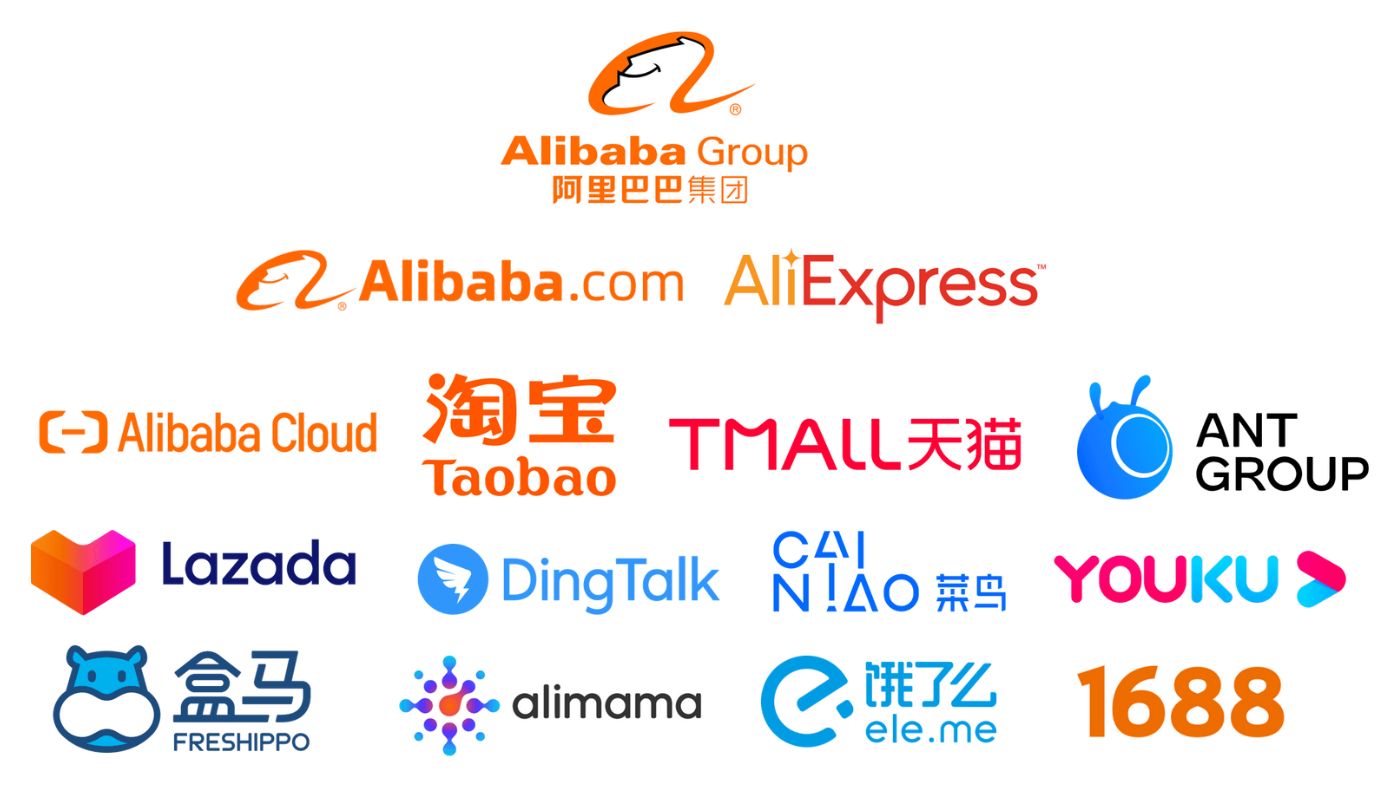Alibaba’s strategic shift to prioritize long-term growth over immediate substantial profits is beginning to show signs of success. However, analysts warn that increasing competition might hinder the e-commerce giant from reclaiming its former market dominance.
Once a dominant force in the Chinese e-commerce market, the Hangzhou-based company held an impressive 83% market share when it went public in 2014. This dominance has since waned, largely due to rising competition and a lackluster approach to technological enhancements and pricing strategies.
“To some extent, we shot ourselves in the foot by not truly focusing on creating value for users,” Alibaba Chairman Joe Tsai acknowledged in an interview with Nicolai Tangen, chief executive of Norges Bank Investment Management, on the fund’s YouTube channel in April.
In February, the e-commerce giant announced it is “in the process of revitalizing Taobao and Tmall Group,” focusing on competitive pricing and investing in technology upgrades to improve the user interface.
By May, Alibaba revealed that Taobao had undergone “its biggest update” in seven years to enhance customer experience for the 618 shopping day sales campaign from late May to mid-June.

Taobao also eliminated the presales process for the 618 shopping festival, simplifying the purchasing process. The website layout was upgraded to facilitate easier buying and selling for customers.
Alibaba now “prioritizes growth over profitability,” which may impact its profitability, according to Nomura analysts Jialong Shi and Rachel Guo, who have revised down some of their earnings estimates for the company.
Some growth initiatives are showing early signs of success. In its fourth quarter ending in March, revenue from Alibaba’s China e-commerce unit, Taobao & Tmall Group, increased by 4%, compared to the 2% growth in the December quarter. This unit accounted for nearly 42% of Alibaba’s group revenue.
“Basically, we are back in growth. That’s a very important message,” said Toby Xu, Alibaba’s chief financial officer, during an analyst call in May.
Citigroup analyst Alicia Yap noted “initial positive progress demonstrated by reacceleration of growth led by its strategic reinvestment.”
While the current strategy has generated some optimism, analysts caution that competitors like U.S.-listed PDD, TikTok owner ByteDance, and online short-video company Kuaishou Technology pose significant challenges for major players such as Alibaba and JD.com to expand their market share.

“We can see Alibaba made some [strategy shifts] and it is doing better than before,” said Shawn Yang, senior research analyst at Arete Research. “But it’s also obvious that PDD still stands out in terms of first quarter results.”
PDD’s first-quarter revenue more than doubled to 86.8 billion yuan ($11.98 billion), roughly 40% of Alibaba’s group revenue.
Alibaba’s market share has been steadily declining, falling to 39.5% from 83% in 2014, according to data from market researcher Insider Intelligence.
By comparison, Pinduoduo, owned by PDD, has increased its market share to 16% from 11% in 2020. JD.com’s market share has remained between 16% and 18% during the same period. Data from ByteDance and Kuaishou weren’t available.
“Investors may remain doubtful about its (Alibaba’s) ability to deliver a turnaround of its China e-commerce business after having lost significant market share in the past few years,” noted Nomura analysts Shi and Guo.






Leave a Reply